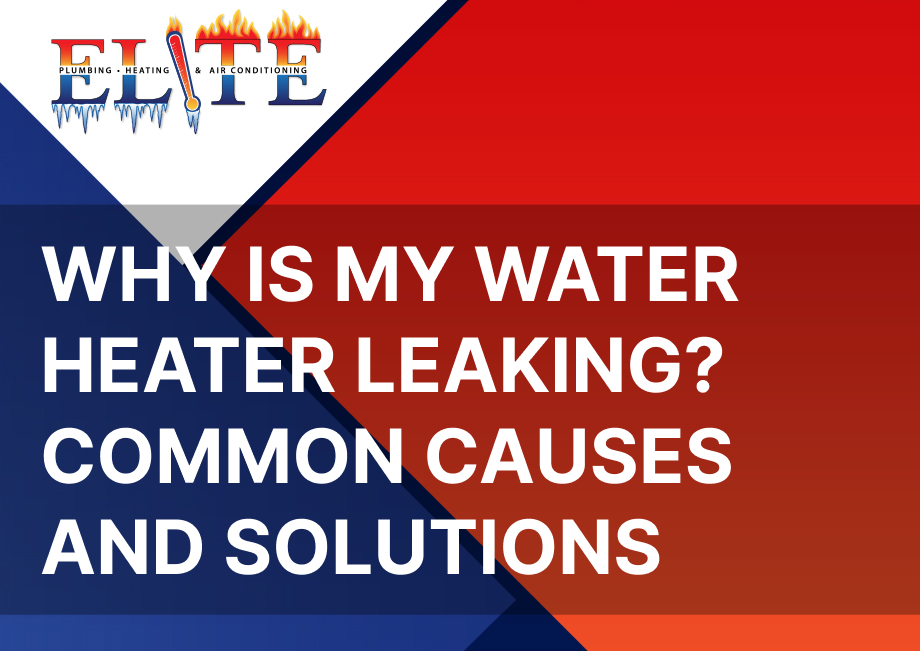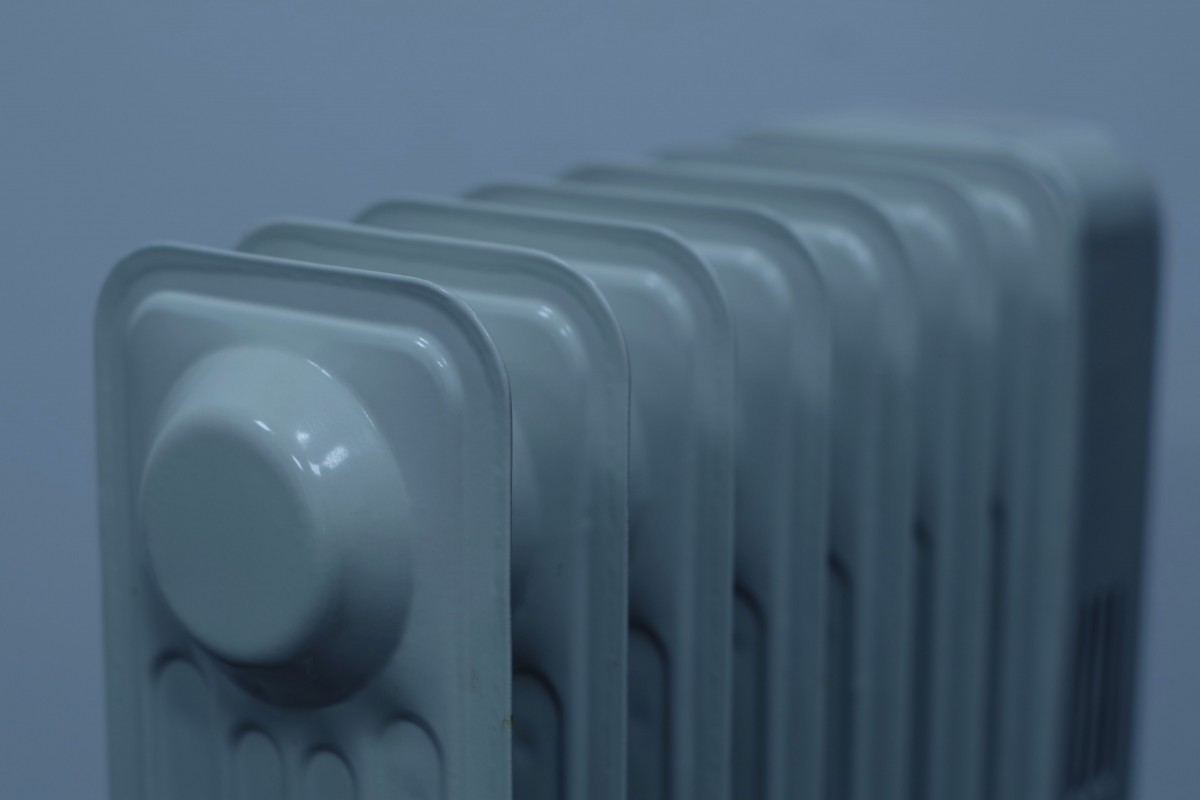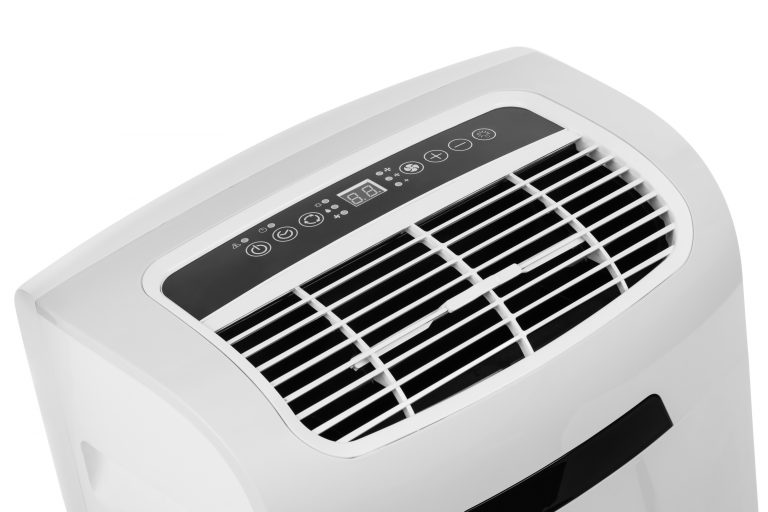Why Is My Water Heater Leaking? Common Causes and Solutions
A leaking water heater can be more than just a minor annoyance; it may indicate an underlying problem that could lead to significant water damage and costly repairs. If you’ve noticed water pooling around your water heater or see drips and leaks, it’s essential to understand what might be causing the issue. Let’s explore the common reasons why water heaters leak and what you can do about it.
-
Loose or Faulty Connections
One of the most common reasons for water heater leaks is loose or faulty connections, often involving the inlet and outlet pipes that bring water into and out of the tank.
- Cause: Over time, the constant water pressure can loosen the fittings or cause the connections to weaken.
- Solution: Check all the connections and tighten them if they’re loose. If tightening doesn’t resolve the issue, you might need to replace the fittings.
-
Pressure Relief Valve (T&P Valve)
The temperature and pressure relief (T&P) valve is designed to release water when the pressure inside the tank gets too high. However, if it’s leaking, it might indicate a problem with the valve or excessive pressure in the tank.
- Cause: High water pressure or a faulty valve can cause it to leak.
- Solution: Test the T&P valve by lifting the lever to release some water. If it continues to leak, it might need replacement. Make sure the water pressure isn’t set too high to prevent excessive pressure buildup.
-
Drain Valve Leak
The drain valve, located near the bottom of the tank, is used to empty the tank during maintenance. A leaky drain valve could be due to an improper seal or damage.
- Cause: Overuse or wear and tear can lead to leaks at the drain valve.
- Solution: Try tightening the valve to see if the leak stops. If it continues, the valve may need replacement. A quick fix might involve attaching a hose cap to contain the leak temporarily.
-
Tank Corrosion and Rust
Rust and corrosion are serious issues for water heaters. Over time, minerals in the water can corrode the tank’s metal, leading to leaks and potentially catastrophic tank failure.
- Cause: Rust and corrosion typically occur when the anode rod (designed to attract corrosive elements) is worn out.
- Solution: If you notice rust or corrosion, you may need to replace the water heater tank, as patching it might only be a temporary fix. Regularly replacing the anode rod can help prevent rust and corrosion in the future.
-
Sediment Buildup
Sediment, particularly in areas with hard water, can accumulate at the bottom of the tank. Over time, this sediment buildup can cause cracking and lead to leaks in the water heater.
- Cause: Minerals like calcium and magnesium solidify and create sediment at the tank’s base, which can cause cracks and leaks.
- Solution: Regularly flush the tank to remove sediment buildup. This routine maintenance can prevent sediment from weakening the tank.
-
Excessive Water Pressure
Excessive water pressure in your home can force water to escape from the water heater, leading to leaks. High water pressure can be due to the home’s plumbing system or the water heater itself.
- Cause: Excessive pressure, often above 80 PSI, can stress the tank and valves.
- Solution: Consider installing a pressure-reducing valve or a thermal expansion tank if your water pressure is consistently high.
-
Age of the Water Heater
Water heaters, on average, last between 8 to 12 years. As they near the end of their lifespan, leaks become more common due to material fatigue and wear.
- Cause: Older water heaters are prone to leaks as components deteriorate.
- Solution: If your water heater is over a decade old and starts leaking, it might be more cost-effective to replace it than to repair it.
What to Do if Your Water Heater Is Leaking
- Turn Off the Power: For electric heaters, turn off the breaker. For gas heaters, set the thermostat to “OFF” or “Pilot.”
- Shut Off the Water Supply: Locate the water shut-off valve and turn it clockwise to stop water flow to the heater.
- Drain the Tank: If the leak is significant, draining the tank can help minimize water damage.
Preventive Measures to Avoid Leaks
- Inspect Regularly: Check for signs of corrosion, loose fittings, and water stains.
- Flush the Tank Annually: Flushing helps remove sediment, extending the life of the tank.
- Replace the Anode Rod: Replacing the anode rod every few years can protect against corrosion.
Final Thoughts
A leaking water heater is a problem that shouldn’t be ignored, as it can lead to bigger issues if not addressed promptly. If you’re facing persistent leaks or are uncertain about the cause, it’s best to consult a professional. For reliable and expert water heater maintenance and repair services, contact Elite Plumbing, Heating & Air Conditioning. Their team can help you diagnose the issue and provide a solution to keep your water heater running smoothly.
SCHEDULE YOUR FREE ESTIMATE
We Provide Expert Air Conditioning Services in Las Vegas, NV






